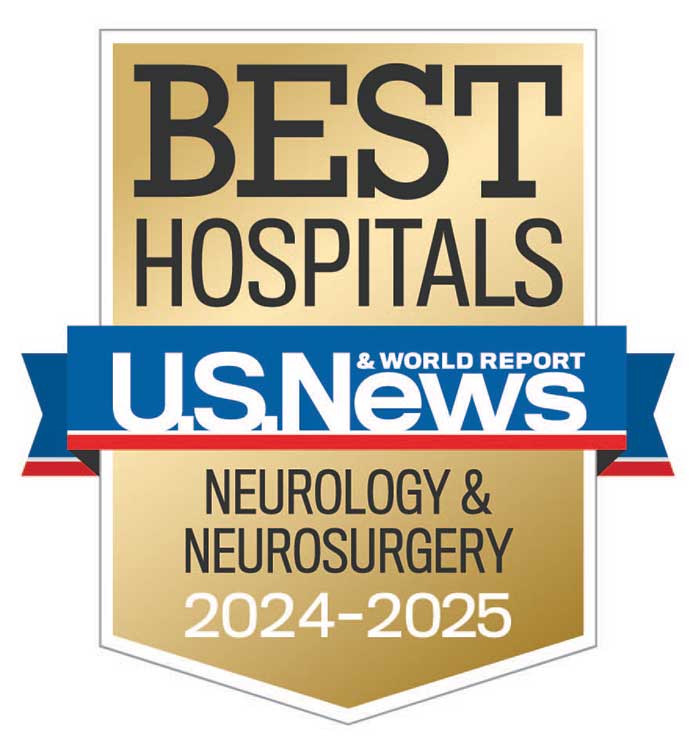Breakthrough Research Program Combines Neuroscience, Engineering Resources to Create Smart ICU
Penn State Center for Neural Engineering has combined its research mission with the clinical mission of Penn State Neuroscience Institute to develop a Smart ICU, using the data collection and synthesis method known as predictive modeling to deliver patient-specific care. Although its use in medicine is relatively new, predictive modeling has proven successful in areas as diverse and complex as weather forecasting and aviation.1
Currently, medical practitioners are presented with a multitude of variables relating to critically ill patients—as many as 200 during one session of rounds alone—and must make time-sensitive clinical decisions based on these data. This can contribute to ongoing information overload and even lead to preventable medical errors.2
J. Christopher Zacko, MD, director of Penn State Neuroscience Critical Care Unit, states, “In addition to the standard measurement of intracranial pressure (ICP), factors such as microdialysis, cerebral blood flow, sodium levels, and cerebral oxygen pressure can all be important in the treatment of brain-injured patients.” Continues Steven Schiff, MD, PhD, director of the Center for Neural Engineering, “When all this data is collected and analyzed in real time—we can better determine what’s going on with a patient. It’s too much data to keep in your head, but a predictive computer model can produce recommendations. Call it the ‘Big Data’ approach.” He cites a patient in whom intracranial pressure (ICP) is not yet elevated. Predictive modeling may suggest treatment methodologies that would prevent ICP from rising in the first place – which it almost surely would do otherwise.
The Penn State Center for Neural Engineering and Penn State Neuroscience Institute is one of fewer than ten locations in the United States engaged in this novel research and its clinical application.
Schiff describes the proposed research in greater detail: “We’ve initiated analyzing data from the first twenty patients, seeking patterns that predictive modeling can identify.” In the third phase, the Neuroscience Critical Care Unit staff plans to join its research and clinical efforts to show predictive modeling being used in actual patient treatment, which will involve FDA approval for both the method and the data collection and analysis device.
The ultimate goal is to populate the major gaps in current understanding of brain functionality, and to provide optimal treatment and even prevention for brain disorders.

Joseph C. Zacko, MD
Director, Penn State Hershey Neuroscience Critical Care Unit
Associate Professor of Neurosurgery
Phone: 717-531-3828
Email: jzacko@pennstatehealth.psu.edu
Fellowship: Neurotrauma/Critical Care, University of Miami
Residency: Neurological Surgery, Virginia Commonwealth University Health System
Medical School: Virginia Commonwealth University School of Medicine
Connect with Joseph C. Zacko, MD, on Doximity
References
- Schiff SJ, Neural Control Engineering. Cambridge, MA: MIT Press, 2012.
- Moberg RS and Schmidt JM. Multimodality Monitoring and Artificial Intelligence. In: Le Roux PD, Levine JM, and Kofke WA, eds. Monitoring in Neurocritical Care. Philadelphia, PA: Elsevier, Inc.; 2013: 391-401.

